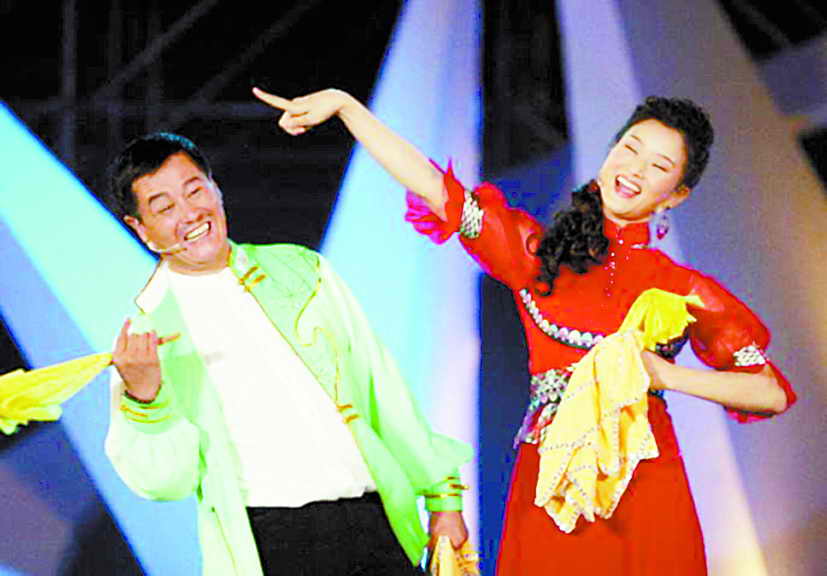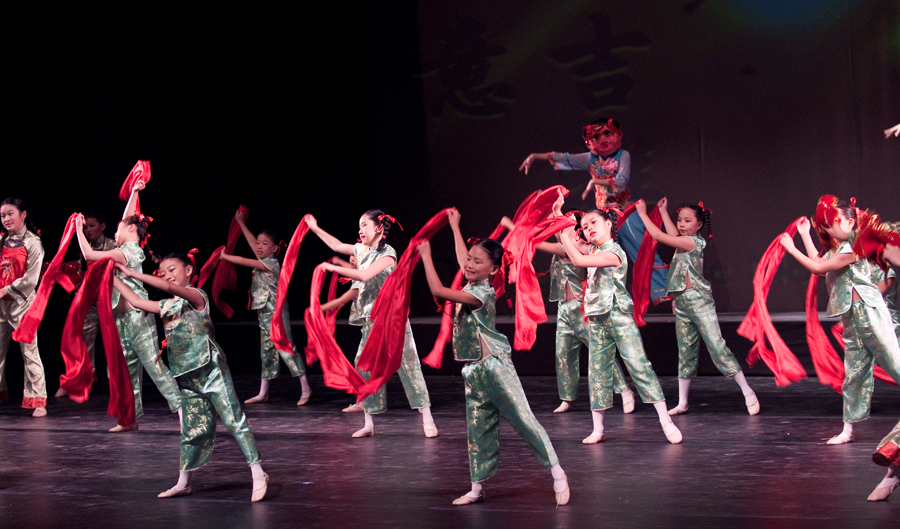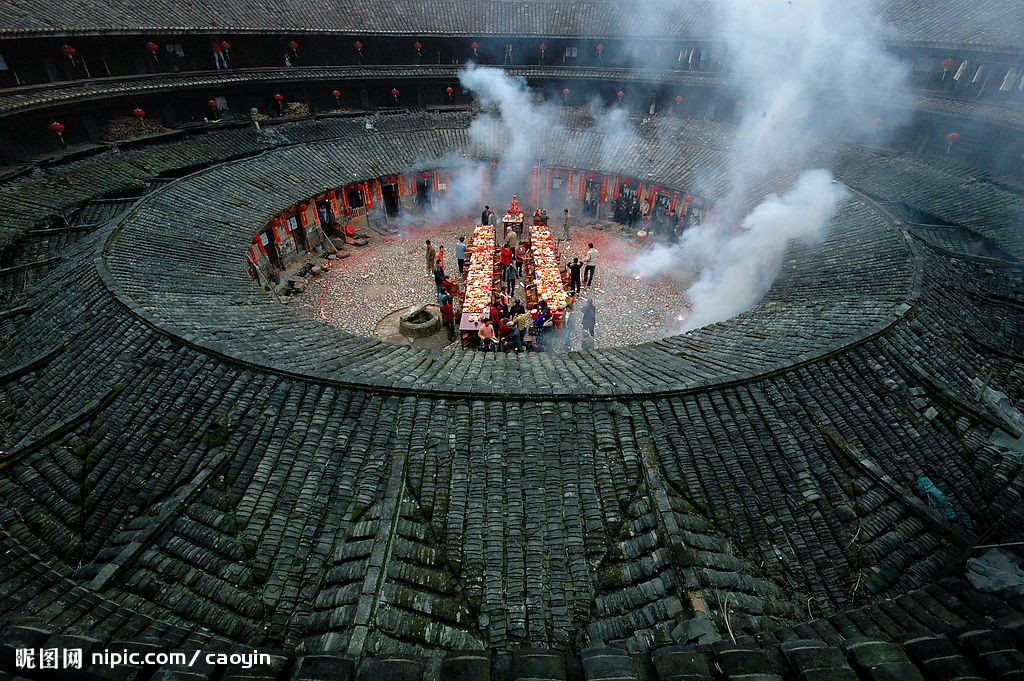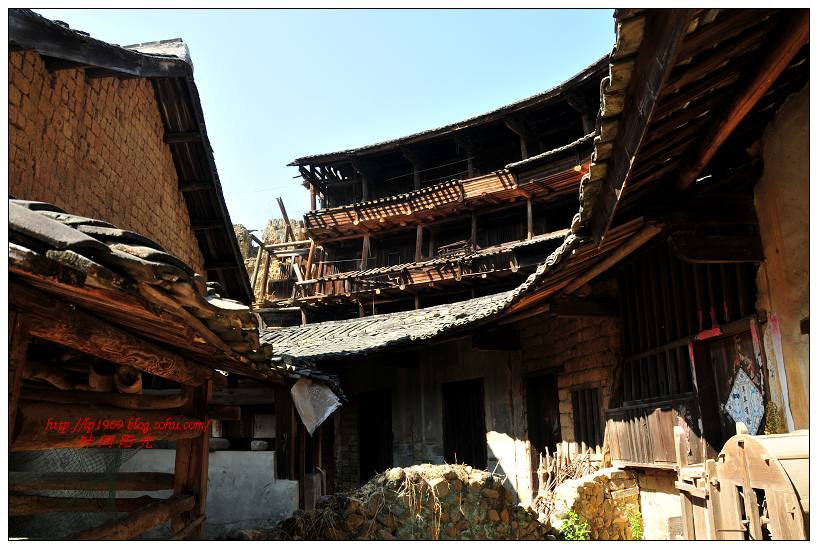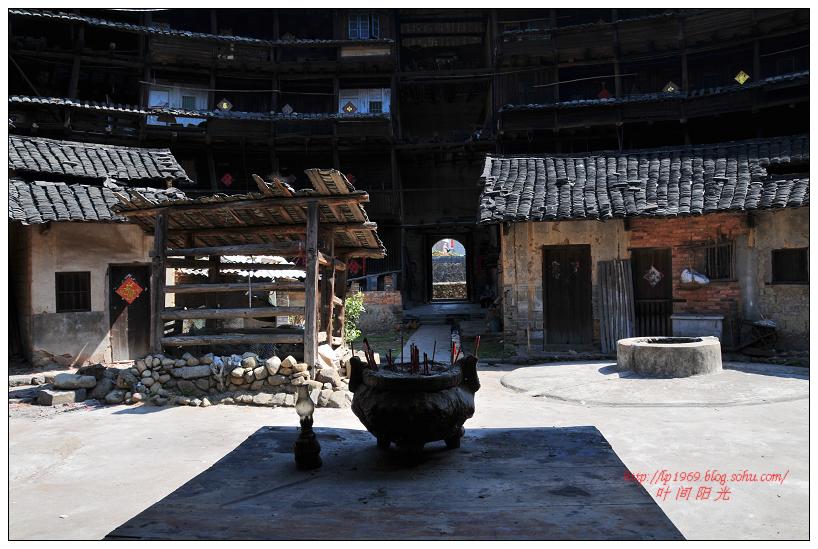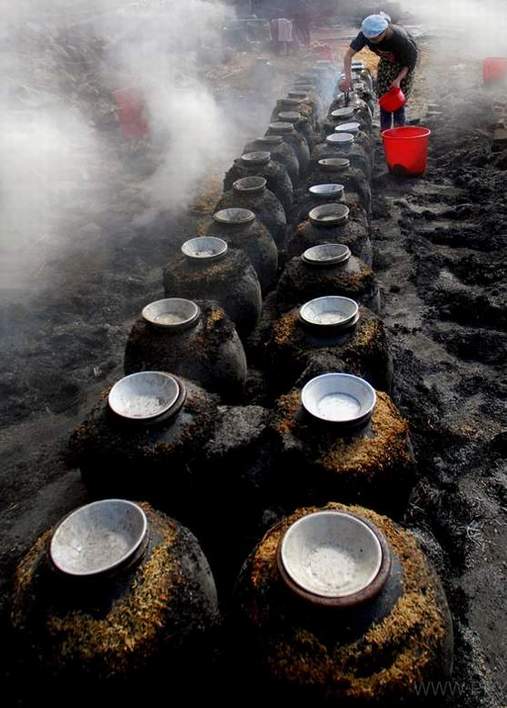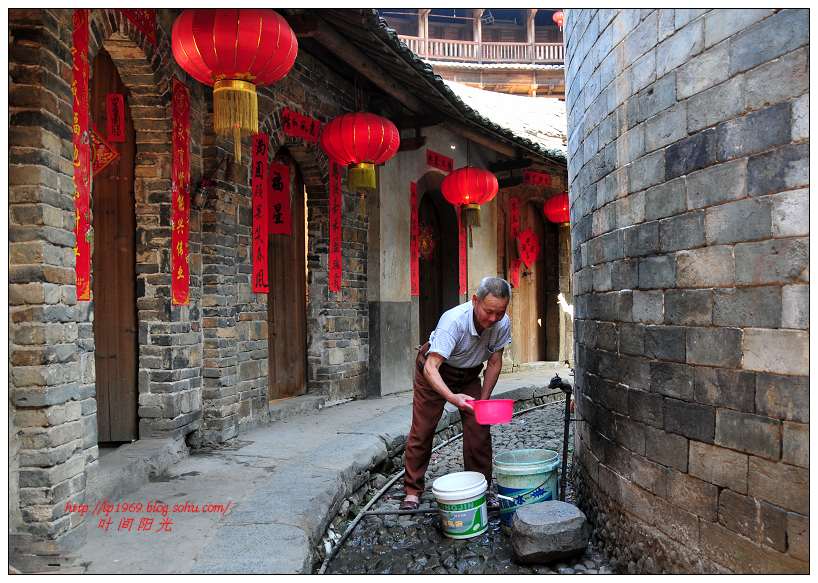How to install the app on iOS
Follow along with the video below to see how to install our site as a web app on your home screen.
Note: This feature may not be available in some browsers.
You are using an out of date browser. It may not display this or other websites correctly.
You should upgrade or use an alternative browser.
You should upgrade or use an alternative browser.
Pictures of Chinese people - 56 ethnic groups
- Thread starter ahfatzia
- Start date
ahfatzia
SENIOR MEMBER

- Joined
- Feb 22, 2012
- Messages
- 2,521
- Reaction score
- 0
Index of Ethnic Groups in China
English Name.... Chinese Name Population(est.) Post # Page
Achang...............阿昌族.................40,000................437 ........30
Bai ....................白族 ................. 2 million.............144 .........10
Blang ................布朗族.................100,000...............407 .........28
Bonan ...............保安族 ................18,000 ................2 ............1
Bouyei ...............布依族 ................2 million .............120 ..........8
Dai ....................傣族 .................. 1.3 million ..........179 .........12
Daur ..................達斡爾族 ............ 150,000 ..............313 .........21
De'ang ................德昂族 ...............20,000 ................366..........25
Derung ...............獨龍族 ............... 8,000 .................565 .........38
Dong ..................侗族 ...................3 million .............6 ............1
Dongxiang ..........東鄉族 ................550,000 ..............215..........15
Ewenki ...............鄂温克族 ............35,000 ................514 ..........35
Gaoshan .............高山族 ...............500,000 ..............135..........9
Gelao ..................仡佬族 ...............600,000 ............ 208 ........14
Gin (Vietnamese)..京族 ..................25,000 ................323 ........22
Han .....................漢族 ..................1.25 billion .........604.........41
Hani ....................哈尼族 ...............1.5 million ..........152.........11
Hezhen ................赫哲族 ...............5,000 .................480 ........32
Hui .......................回族 .................10 millions ..........42...........3
Jingpo ................. 景頗族 ..............150,000 ..............338 ........23
Jino .....................基諾族 ................22,000 ..............354 .......24
Kazakh ................哈薩克族 ............1.5 million.............159.........11
Korean .................朝鮮族 ..............2 million..............136 ........10
kyrgyz .................柯爾克孜族 .........,160,000................303 ........21
Lahu ....................拉祜族 ................500,000 .............223 .......15
Lhoba ..................珞巴族 ................3,000 .................588 ........40
Li ........................黎族 ...................1.3 million ...........168 ........12
Lisu .....................傈僳族 ................700,000 ..............199 ........14
Manchu ...............滿族 ...................11 millions ............34...........3
Maonan ...............毛南族 ................110,000 ...............383 ........26
Miao ....................苗族 ...................9 millions .............59 ..........4
Monba .................門巴族 ...............10,000 .................538 ........36
Mongol ................蒙古族 ................6 millions .............84 ......... 6
Mulao ..................仫佬族 ................220,000 ...............281 .......19
Nakhi ..................納西族 ................320,000 ...............251 ........17
Nu ......................怒族 ...................30,000 ................496 .........34
Oroqen ................鄂倫春族 .............10,000 ..................554 ........37
Pumi ...................普米族 ................34,000 .................453 ........31
Qiang ..................羌族 ...................320,000 ...............261 ........18
Salar ...................撒拉族 ................110,000 ...............396 ........27
Russian ...............俄羅斯族 ..............15,000 ..................467 ........32
She .....................畲族 ...................750,000 ..............190..........13
Sui ......................水族 .................. 420,000 ..............231 .........16
Tajik ....................塔吉克族 ..............45,000 .................427 .........29
Tatar (Chinese) .....塔塔爾族 ..............5,000 ...................579 .........39
Tu .......................土族 ...................250,000 ...............272 .........19
Tujia ....................土家族 ................8.5 millions ...........69............5
Uyghur ................維吾爾族 ............. 8.5 millions ............95 ...........6
Uzbek .................烏孜别克族 ...... . ..13,000 ...................526 ........35
Va .......................佤族 ................. 400,000 ...............241 .........16
Xibe .....................錫伯族 ...............200,000 ...............290 ........19.
Yao .....................瑤族 ..................7 millions .............127 ..........9
Yi .......................彝族 .................. 8 millions ..............77 ...........6
Yugur ..................裕固族 ............... 14,000 ..................104 ..........7
Zang (Tibetan) ......藏族 ................. 4.7 millions ...........109 ..........8
Zhuang ................壯族 ................. 17 millions .............23 ............2
English Name.... Chinese Name Population(est.) Post # Page
Achang...............阿昌族.................40,000................437 ........30
Bai ....................白族 ................. 2 million.............144 .........10
Blang ................布朗族.................100,000...............407 .........28
Bonan ...............保安族 ................18,000 ................2 ............1
Bouyei ...............布依族 ................2 million .............120 ..........8
Dai ....................傣族 .................. 1.3 million ..........179 .........12
Daur ..................達斡爾族 ............ 150,000 ..............313 .........21
De'ang ................德昂族 ...............20,000 ................366..........25
Derung ...............獨龍族 ............... 8,000 .................565 .........38
Dong ..................侗族 ...................3 million .............6 ............1
Dongxiang ..........東鄉族 ................550,000 ..............215..........15
Ewenki ...............鄂温克族 ............35,000 ................514 ..........35
Gaoshan .............高山族 ...............500,000 ..............135..........9
Gelao ..................仡佬族 ...............600,000 ............ 208 ........14
Gin (Vietnamese)..京族 ..................25,000 ................323 ........22
Han .....................漢族 ..................1.25 billion .........604.........41
Hani ....................哈尼族 ...............1.5 million ..........152.........11
Hezhen ................赫哲族 ...............5,000 .................480 ........32
Hui .......................回族 .................10 millions ..........42...........3
Jingpo ................. 景頗族 ..............150,000 ..............338 ........23
Jino .....................基諾族 ................22,000 ..............354 .......24
Kazakh ................哈薩克族 ............1.5 million.............159.........11
Korean .................朝鮮族 ..............2 million..............136 ........10
kyrgyz .................柯爾克孜族 .........,160,000................303 ........21
Lahu ....................拉祜族 ................500,000 .............223 .......15
Lhoba ..................珞巴族 ................3,000 .................588 ........40
Li ........................黎族 ...................1.3 million ...........168 ........12
Lisu .....................傈僳族 ................700,000 ..............199 ........14
Manchu ...............滿族 ...................11 millions ............34...........3
Maonan ...............毛南族 ................110,000 ...............383 ........26
Miao ....................苗族 ...................9 millions .............59 ..........4
Monba .................門巴族 ...............10,000 .................538 ........36
Mongol ................蒙古族 ................6 millions .............84 ......... 6
Mulao ..................仫佬族 ................220,000 ...............281 .......19
Nakhi ..................納西族 ................320,000 ...............251 ........17
Nu ......................怒族 ...................30,000 ................496 .........34
Oroqen ................鄂倫春族 .............10,000 ..................554 ........37
Pumi ...................普米族 ................34,000 .................453 ........31
Qiang ..................羌族 ...................320,000 ...............261 ........18
Salar ...................撒拉族 ................110,000 ...............396 ........27
Russian ...............俄羅斯族 ..............15,000 ..................467 ........32
She .....................畲族 ...................750,000 ..............190..........13
Sui ......................水族 .................. 420,000 ..............231 .........16
Tajik ....................塔吉克族 ..............45,000 .................427 .........29
Tatar (Chinese) .....塔塔爾族 ..............5,000 ...................579 .........39
Tu .......................土族 ...................250,000 ...............272 .........19
Tujia ....................土家族 ................8.5 millions ...........69............5
Uyghur ................維吾爾族 ............. 8.5 millions ............95 ...........6
Uzbek .................烏孜别克族 ...... . ..13,000 ...................526 ........35
Va .......................佤族 ................. 400,000 ...............241 .........16
Xibe .....................錫伯族 ...............200,000 ...............290 ........19.
Yao .....................瑤族 ..................7 millions .............127 ..........9
Yi .......................彝族 .................. 8 millions ..............77 ...........6
Yugur ..................裕固族 ............... 14,000 ..................104 ..........7
Zang (Tibetan) ......藏族 ................. 4.7 millions ...........109 ..........8
Zhuang ................壯族 ................. 17 millions .............23 ............2
Pak-Americanos
FULL MEMBER

- Joined
- Mar 2, 2013
- Messages
- 569
- Reaction score
- 0
The chinese students that I meet in my school in america seem to be all from one ethnicity in china mainly Han I dont see any other ethnicity from china coming here to study other than for political asylum. Is there is a reason why thats so?
ahfatzia
SENIOR MEMBER

- Joined
- Feb 22, 2012
- Messages
- 2,521
- Reaction score
- 0
Han people 汉族
Some ancient Chinese architecture styles
A wooden temple in Mount Wutai 五台山, circa 782, the oldest known wooden structure still exist in China
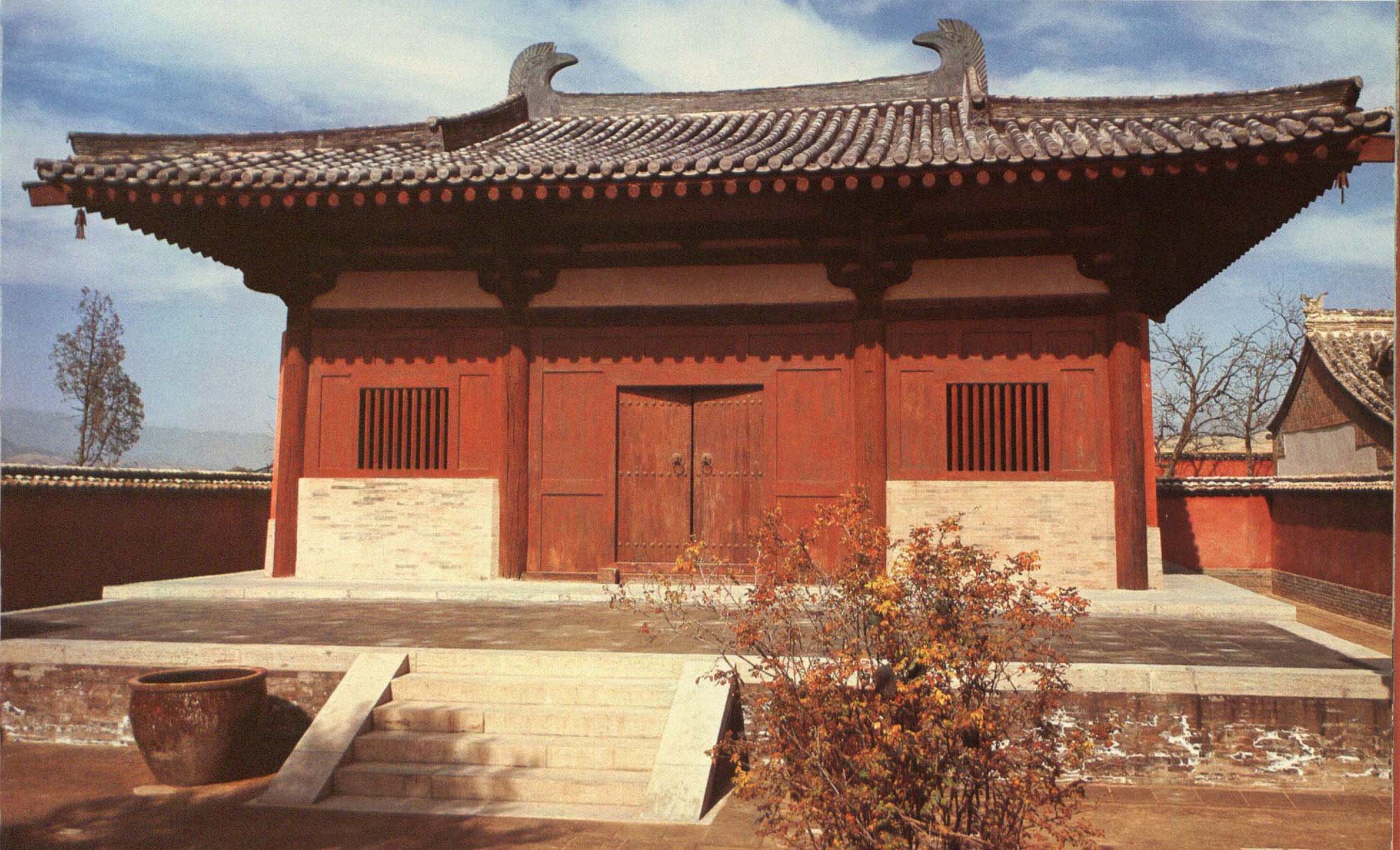
An ancient wooden building

One of a oldest temple

栖霞寺 temple was first built in 489 and has been renovated & rebuilt a few times

This grotto temple has to be an architectural marvel without modern machinery
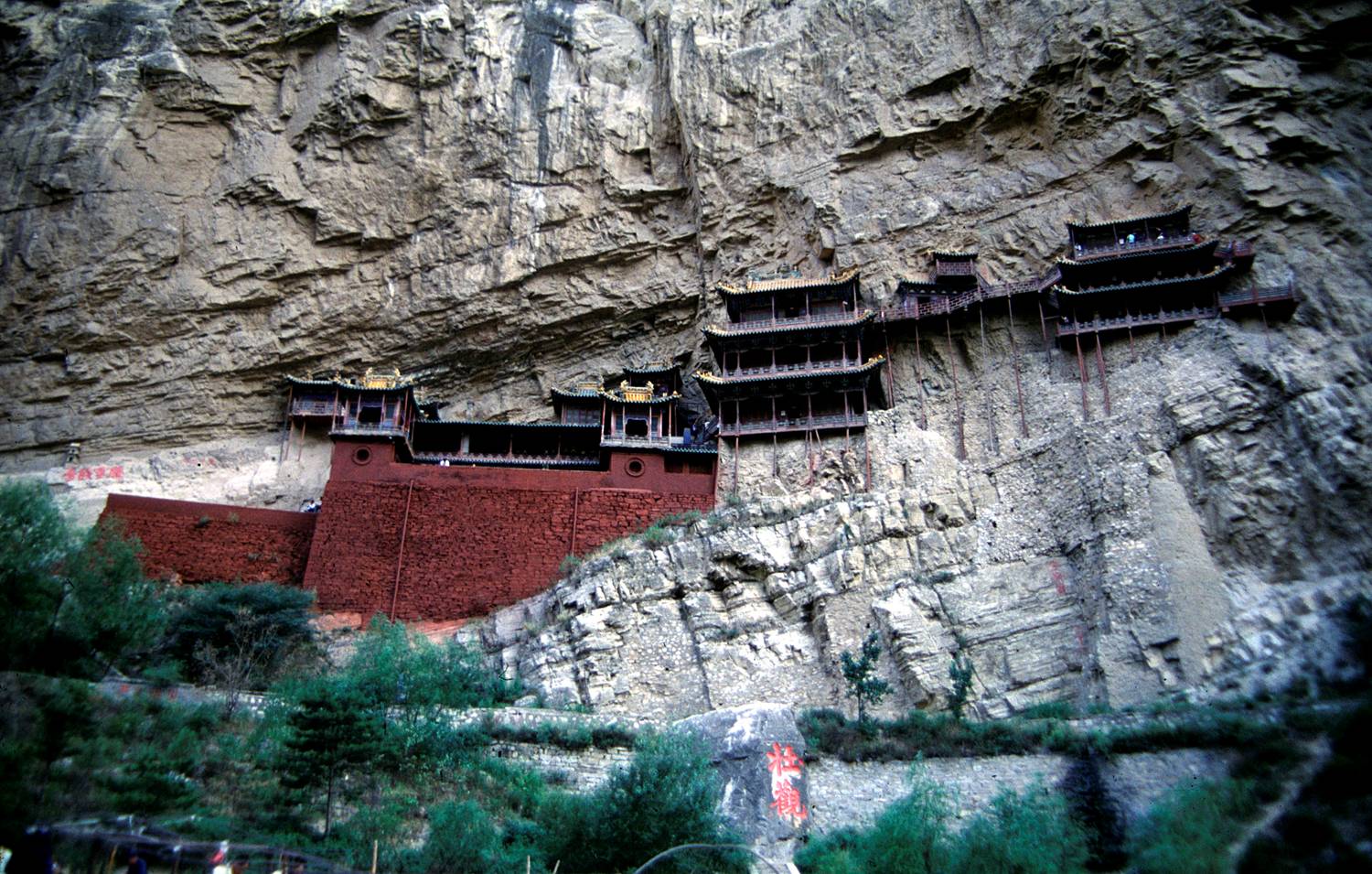
An ancient town hall

An old stone bridge
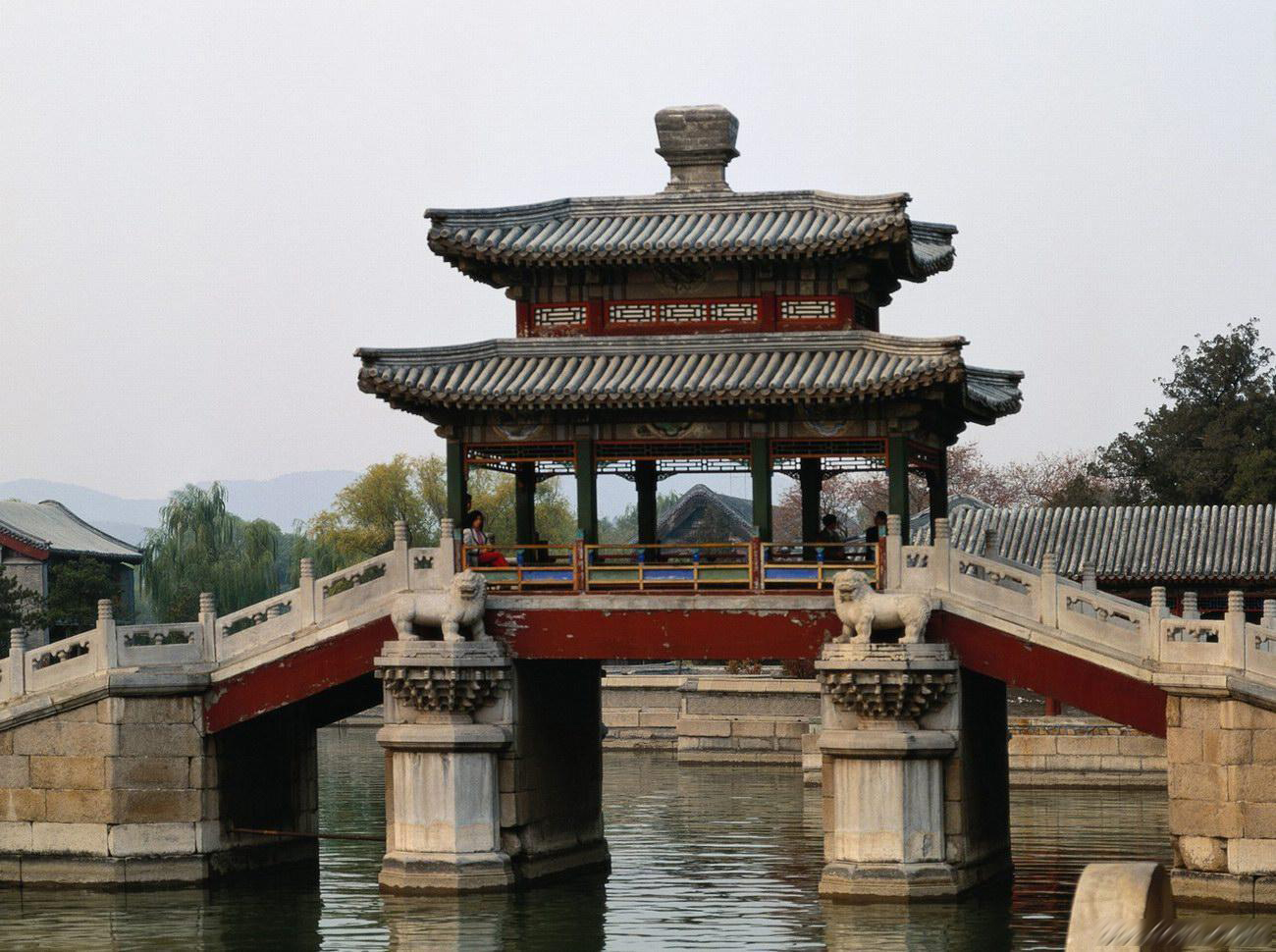
Shaolin temple in Dengfeng 登封 Henan. These structures were built in 464
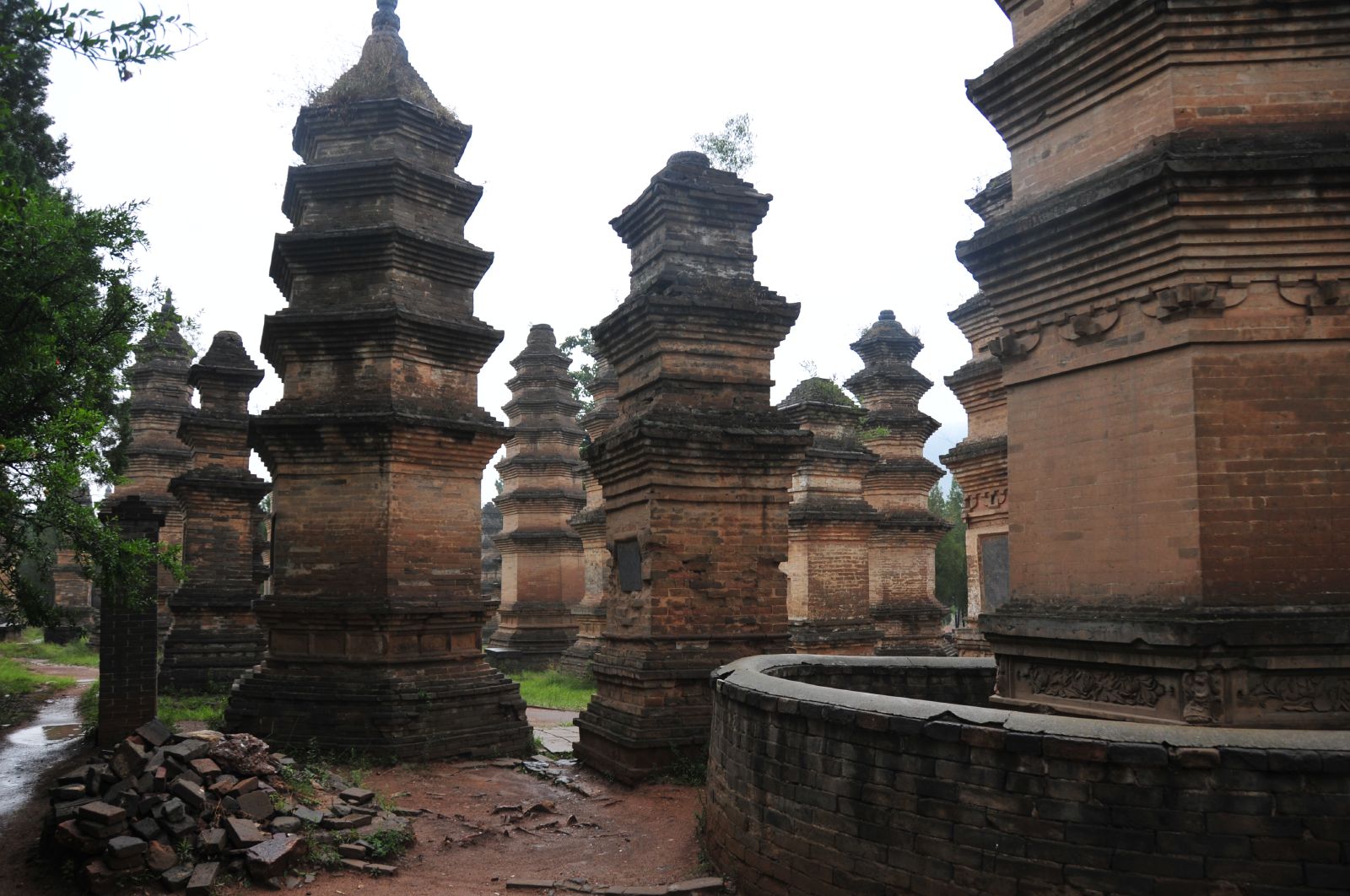
Some ancient Chinese architecture styles
A wooden temple in Mount Wutai 五台山, circa 782, the oldest known wooden structure still exist in China

An ancient wooden building

One of a oldest temple

栖霞寺 temple was first built in 489 and has been renovated & rebuilt a few times

This grotto temple has to be an architectural marvel without modern machinery

An ancient town hall

An old stone bridge

Shaolin temple in Dengfeng 登封 Henan. These structures were built in 464

ahfatzia
SENIOR MEMBER

- Joined
- Feb 22, 2012
- Messages
- 2,521
- Reaction score
- 0
Han people 汉族
There's a group of Han people live within the high mountains of Guangxi in western China and they're label as "High Mountain Han" 高山汉族 by the locals. They migrated from the north, Sichuan and Hubei, during the political turmoils of dynasty conversion between the Ming and the Qing era in the 17th century. Normally the local ethnic groups, who rule by their chiefs called 土司, strictly forbidden outside intrusions into their territories. So these Han people counted themselves lucky to have a home because of the uncertain times.








There's a group of Han people live within the high mountains of Guangxi in western China and they're label as "High Mountain Han" 高山汉族 by the locals. They migrated from the north, Sichuan and Hubei, during the political turmoils of dynasty conversion between the Ming and the Qing era in the 17th century. Normally the local ethnic groups, who rule by their chiefs called 土司, strictly forbidden outside intrusions into their territories. So these Han people counted themselves lucky to have a home because of the uncertain times.








ahfatzia
SENIOR MEMBER

- Joined
- Feb 22, 2012
- Messages
- 2,521
- Reaction score
- 0
Han people 汉族
Hakka people 客家人, literally means guest people, is a subgroup of the Han people who speak the Hakka language and have links to the provincial areas of Guangdong, Jiangxi, Guangxi, Sichuan, Hunan and Fujian in China. The Hakka's ancestors were often said to have arrived from what is today's central China centuries ago. In a series of migrations, the Hakkas moved, settled in their present locations in southern China, and then often migrated overseas to various countries throughout the world. The worldwide population of Hakkas is about 80 million and have had a significant influence on the course of Chinese and world history: in particular, they have been a source of many revolutionary, government, and military leaders.
Waves of southward migration: 1) To escape the Qin Dynasty (220-207 BC) oppression 2) at the end of Tang Dynasty in the 10th Century 3) during the end of Northern Song Dynasty 北宋 in 1125. 4) Further southward migration at the beginning of Mongolian Yuan Dynasty 元朝 in 1271 and 5) when Kangxi Emperor of the Qing Dynasty repopulated the coastal area the Hakka were registered as "Guest Families" 客戶.
Most Hakka Oversea migrations were during the middle of 18th Century to the early part of the 19th Century and for economical reasons. Although there's no precise number but 10 million is the general consensus. Today there are more than 3 million Hakka living in Taiwan, and more than 5 million in Southeast Asia and the rest spread throughout the world.
Hakka is one of the major Chinese language subdivisions or varieties and is spoken natively by the Hakka people in southern China, Taiwan and throughout the diaspora areas of East Asia, Southeast Asia and around the world. Due to its primary usage in scattered isolated regions where communication is limited to the local area, the Hakka language has developed numerous variants or dialects. Hakka is not mutually intelligible with Mandarin, Wu, Min Nan, or other branches of Chinese. It is most closely related to Gan, and is sometimes classified as a variety of Gan. The Meixian County (梅县 dialect of northeast Guangdong in China has been taken as the "standard" dialect by the Chinese government.
dialect of northeast Guangdong in China has been taken as the "standard" dialect by the Chinese government.
Distribution of Hakka people in China (note: Hakka in Sichuan are not shown in this map)

Four generations of a Hakka family 四代同堂
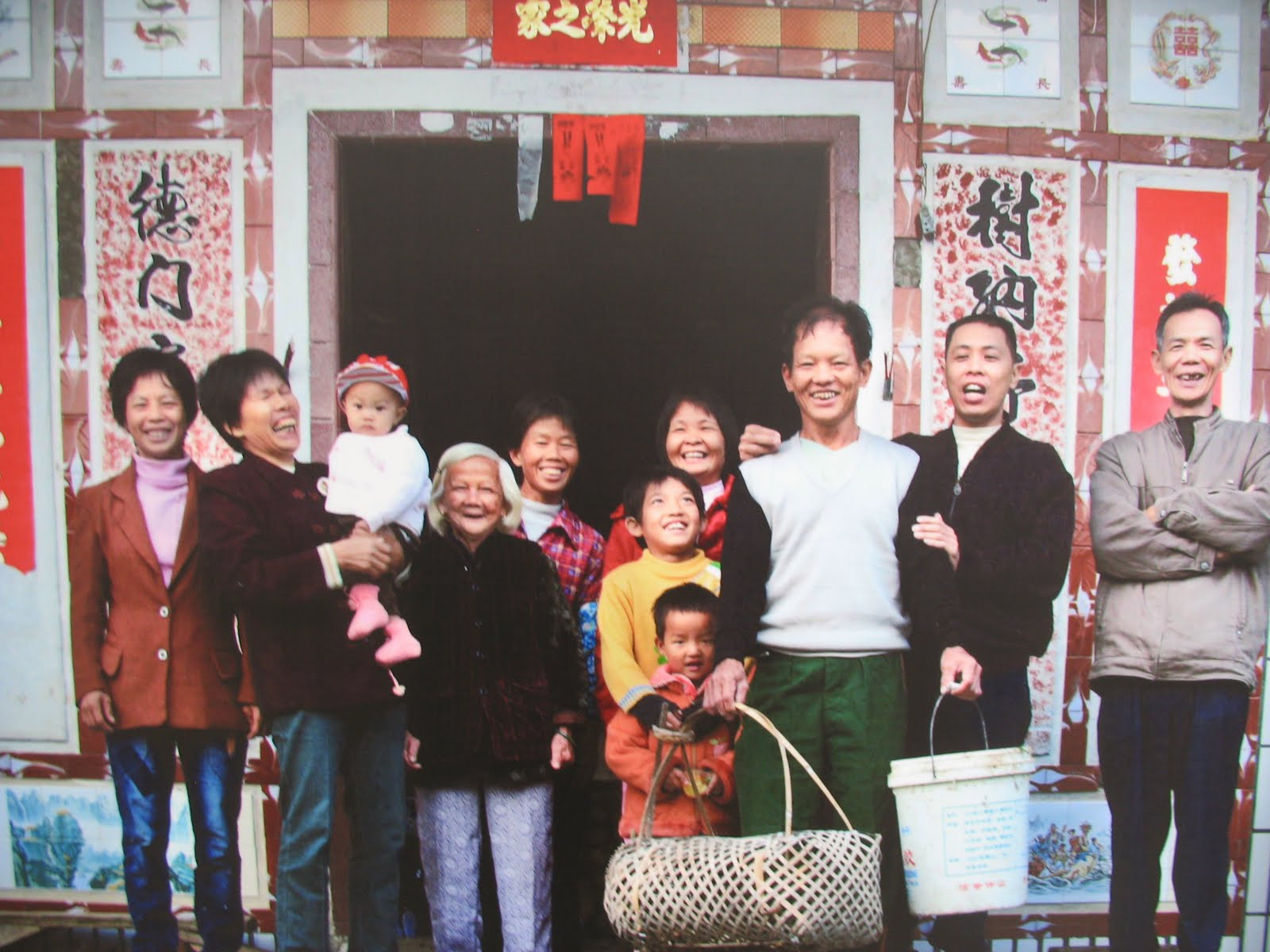
Deng Xiaoping 邓小平 1904-1977, born in Guan'an County of Sichuan, the paramount leader of China that was instrumental for the country's modernization

Sun Yat-sen 孫中山 1866-1925, from Zhongshan County of Guangdong, founding father of ROC
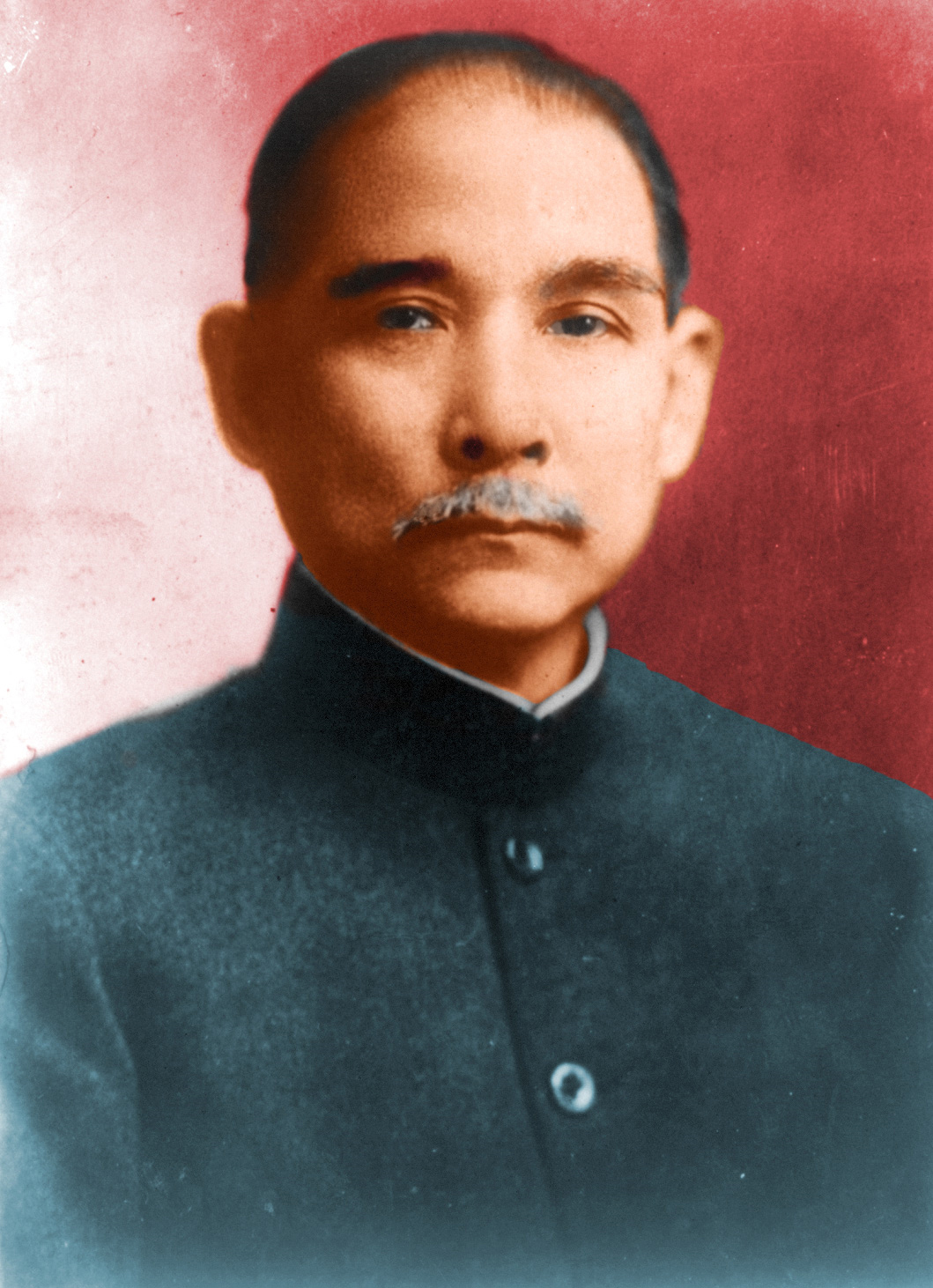
Lee Kuan Yew 李光耀 1923- , the first Prime Minister of Singapore
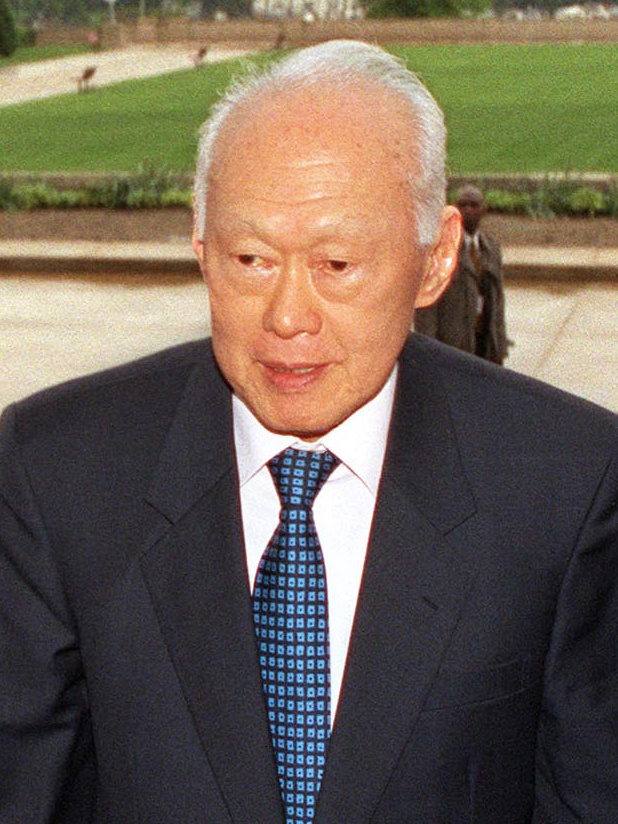
Chow Yun-fat 周潤發 1955- a famous international actor from Hong Kong
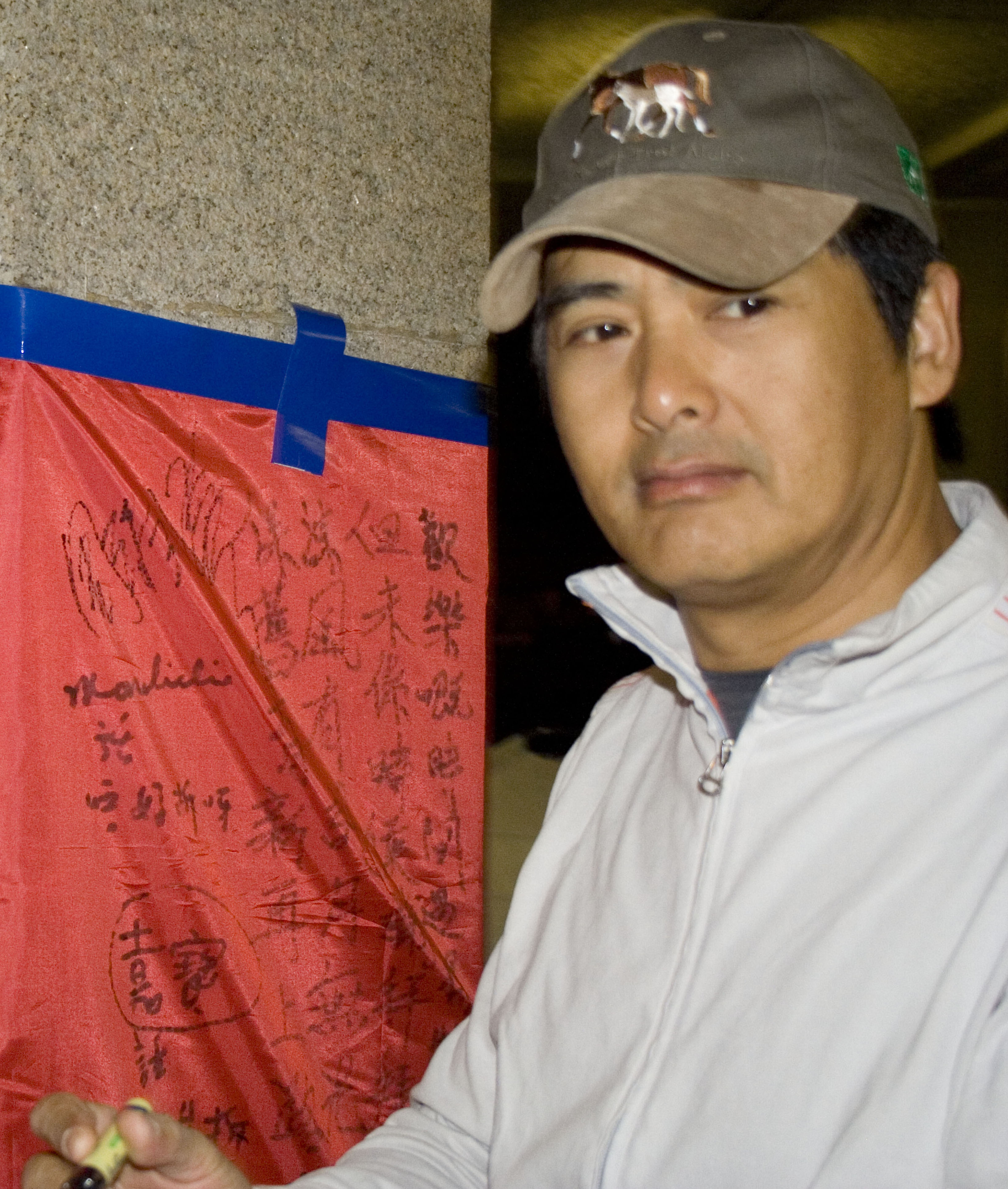
Thaksin Shinawatra 丘达新 1949- , has ancestry from Meixian Guangdong, a billionaire former Prime Minister of Thailand

Zhu De 朱德 1886-1976, from Sichuan Province, one of a founder of PLA and a pioneer member of CPC
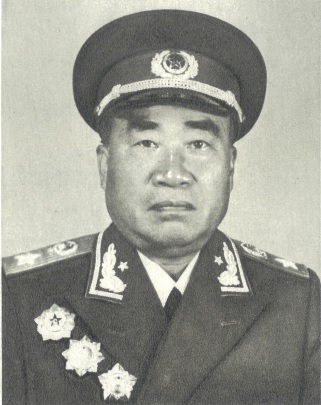
Hakka people 客家人, literally means guest people, is a subgroup of the Han people who speak the Hakka language and have links to the provincial areas of Guangdong, Jiangxi, Guangxi, Sichuan, Hunan and Fujian in China. The Hakka's ancestors were often said to have arrived from what is today's central China centuries ago. In a series of migrations, the Hakkas moved, settled in their present locations in southern China, and then often migrated overseas to various countries throughout the world. The worldwide population of Hakkas is about 80 million and have had a significant influence on the course of Chinese and world history: in particular, they have been a source of many revolutionary, government, and military leaders.
Waves of southward migration: 1) To escape the Qin Dynasty (220-207 BC) oppression 2) at the end of Tang Dynasty in the 10th Century 3) during the end of Northern Song Dynasty 北宋 in 1125. 4) Further southward migration at the beginning of Mongolian Yuan Dynasty 元朝 in 1271 and 5) when Kangxi Emperor of the Qing Dynasty repopulated the coastal area the Hakka were registered as "Guest Families" 客戶.
Most Hakka Oversea migrations were during the middle of 18th Century to the early part of the 19th Century and for economical reasons. Although there's no precise number but 10 million is the general consensus. Today there are more than 3 million Hakka living in Taiwan, and more than 5 million in Southeast Asia and the rest spread throughout the world.
Hakka is one of the major Chinese language subdivisions or varieties and is spoken natively by the Hakka people in southern China, Taiwan and throughout the diaspora areas of East Asia, Southeast Asia and around the world. Due to its primary usage in scattered isolated regions where communication is limited to the local area, the Hakka language has developed numerous variants or dialects. Hakka is not mutually intelligible with Mandarin, Wu, Min Nan, or other branches of Chinese. It is most closely related to Gan, and is sometimes classified as a variety of Gan. The Meixian County (梅县
 dialect of northeast Guangdong in China has been taken as the "standard" dialect by the Chinese government.
dialect of northeast Guangdong in China has been taken as the "standard" dialect by the Chinese government.Distribution of Hakka people in China (note: Hakka in Sichuan are not shown in this map)

Four generations of a Hakka family 四代同堂

Deng Xiaoping 邓小平 1904-1977, born in Guan'an County of Sichuan, the paramount leader of China that was instrumental for the country's modernization

Sun Yat-sen 孫中山 1866-1925, from Zhongshan County of Guangdong, founding father of ROC

Lee Kuan Yew 李光耀 1923- , the first Prime Minister of Singapore

Chow Yun-fat 周潤發 1955- a famous international actor from Hong Kong

Thaksin Shinawatra 丘达新 1949- , has ancestry from Meixian Guangdong, a billionaire former Prime Minister of Thailand

Zhu De 朱德 1886-1976, from Sichuan Province, one of a founder of PLA and a pioneer member of CPC

ahfatzia
SENIOR MEMBER

- Joined
- Feb 22, 2012
- Messages
- 2,521
- Reaction score
- 0
Han people 汉族
Hakka people 客家人
Yongding County 永定 of Fujian has 400,000 people and 99% of them are Hakka people
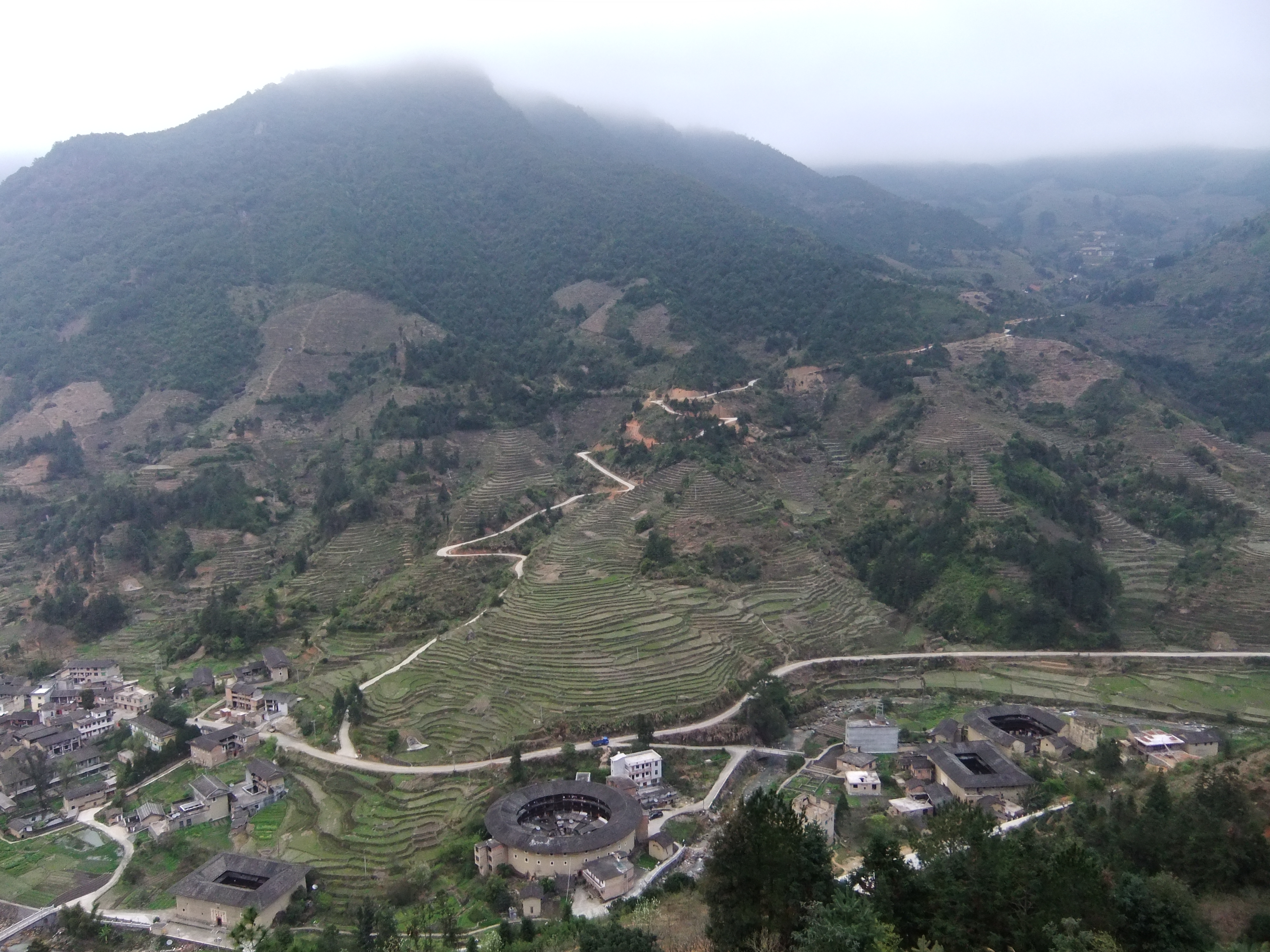
Hakka tulou 土楼 villages dominate Yongding county and the northeastern mountains of Fujian


Some villages also have the square shaped tulou
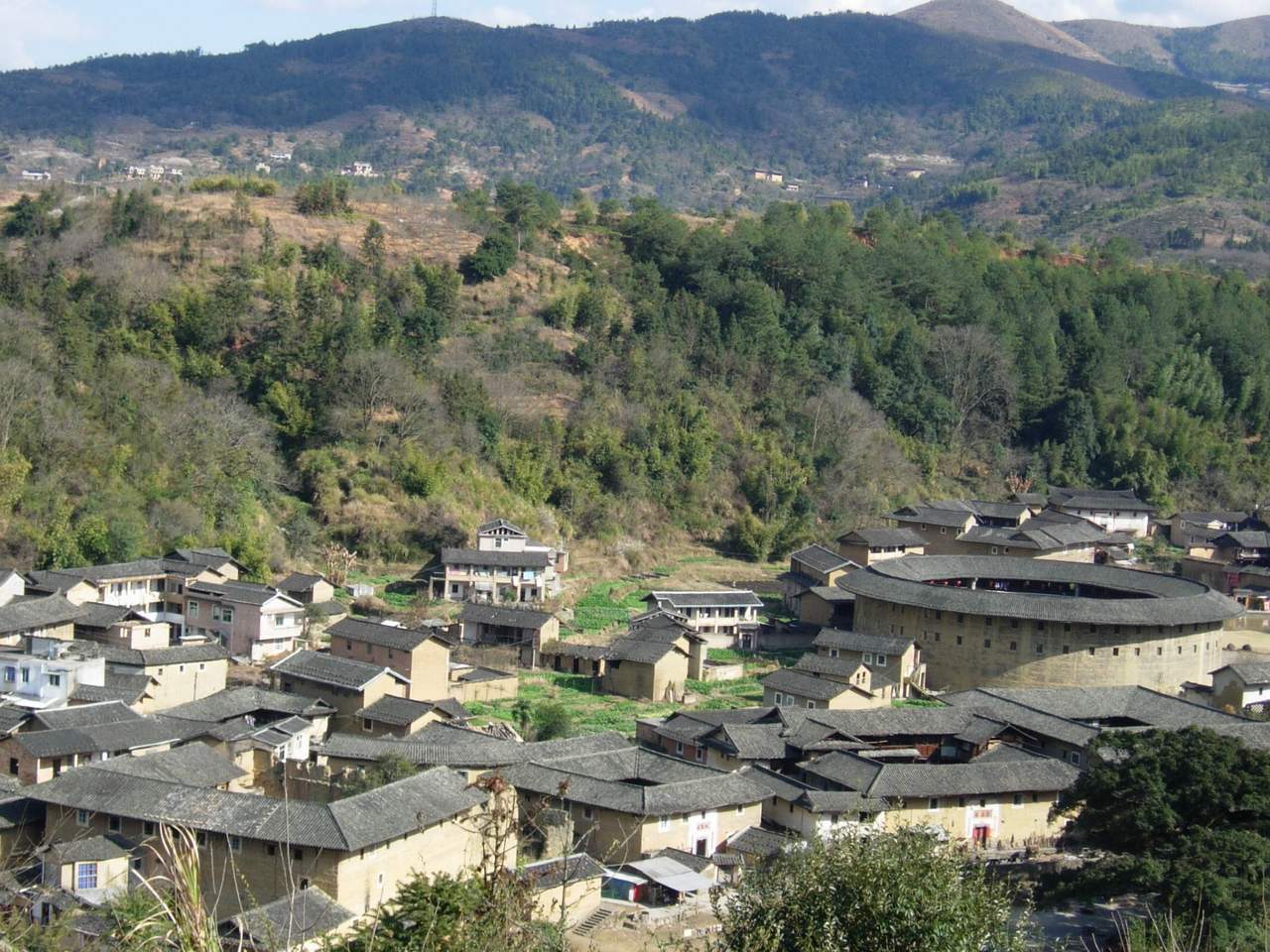
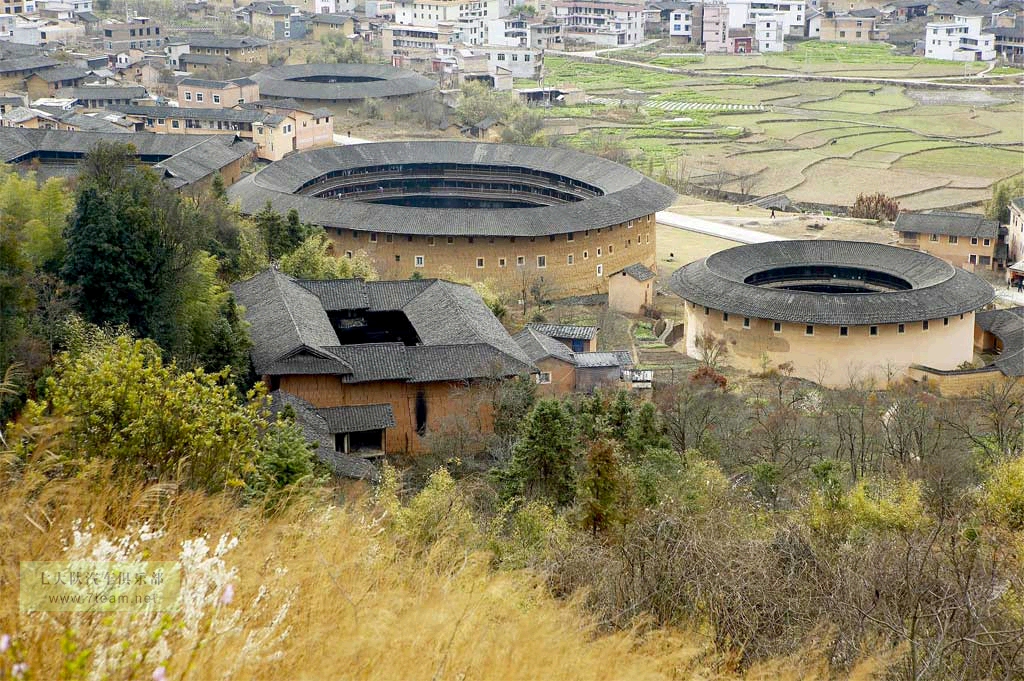
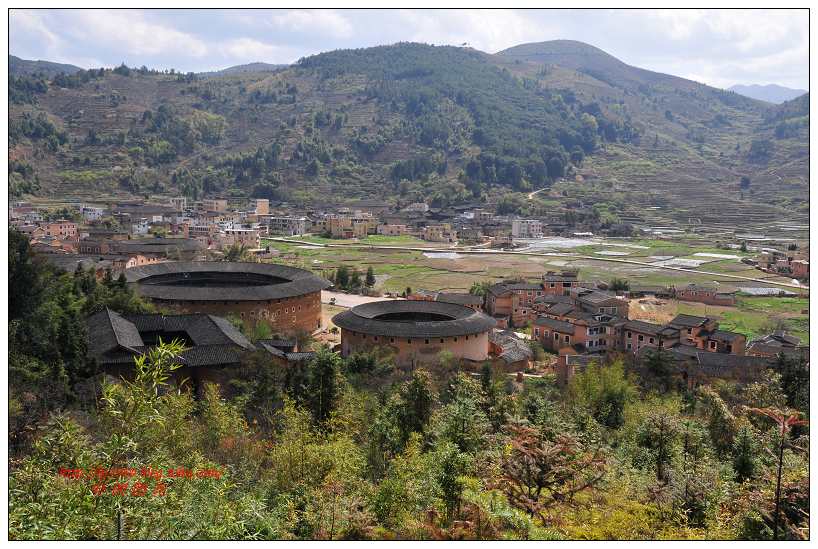
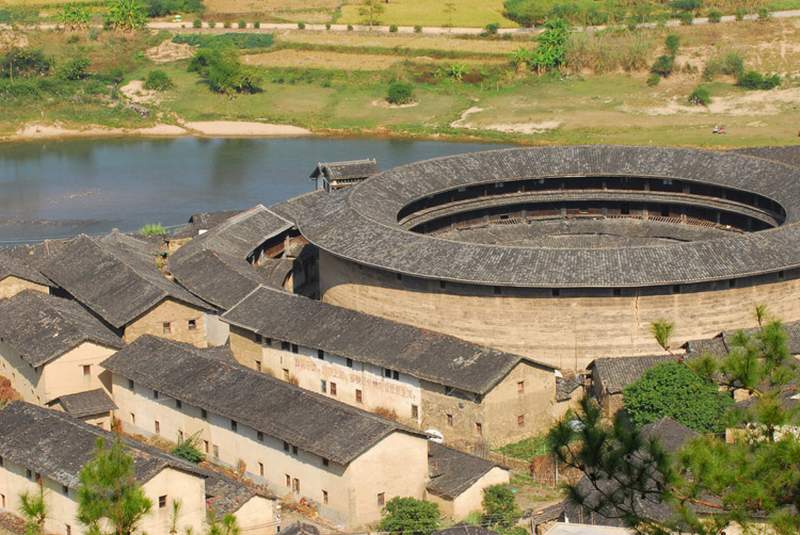
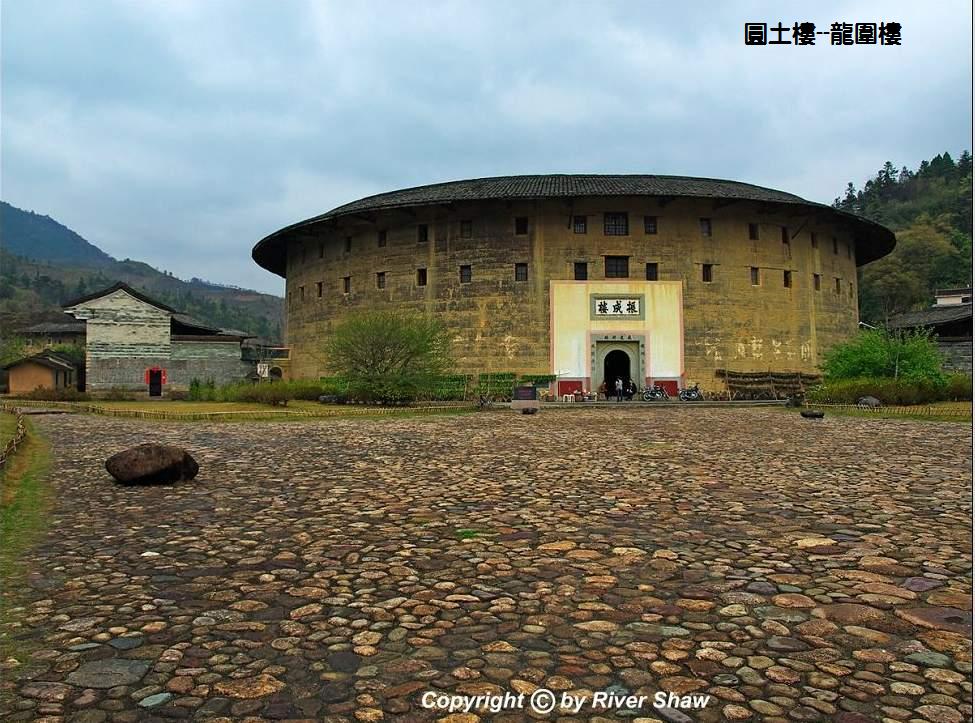
Hakka people 客家人
Yongding County 永定 of Fujian has 400,000 people and 99% of them are Hakka people
Hakka tulou 土楼 villages dominate Yongding county and the northeastern mountains of Fujian


Some villages also have the square shaped tulou





ahfatzia
SENIOR MEMBER

- Joined
- Feb 22, 2012
- Messages
- 2,521
- Reaction score
- 0
Han people 汉族
Hakka people 客家人
This is one of an older one
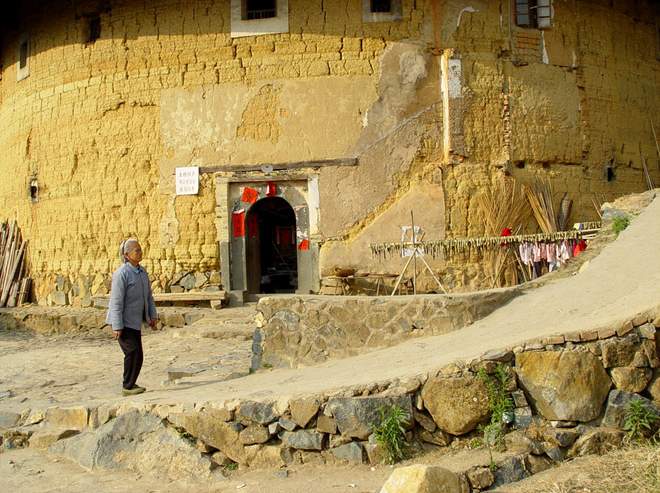
Let's take a peek on one of the largest tulou

It seems like it has a world of its own
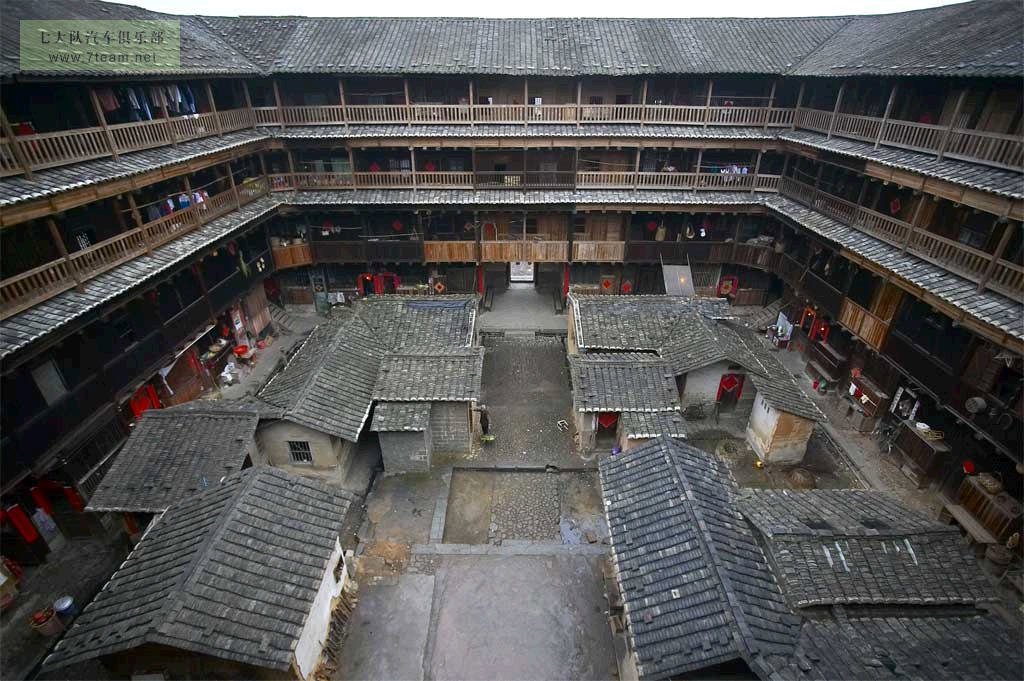
A smaller one

The ancestral hall in the middle, given every family in the complex has the same last name
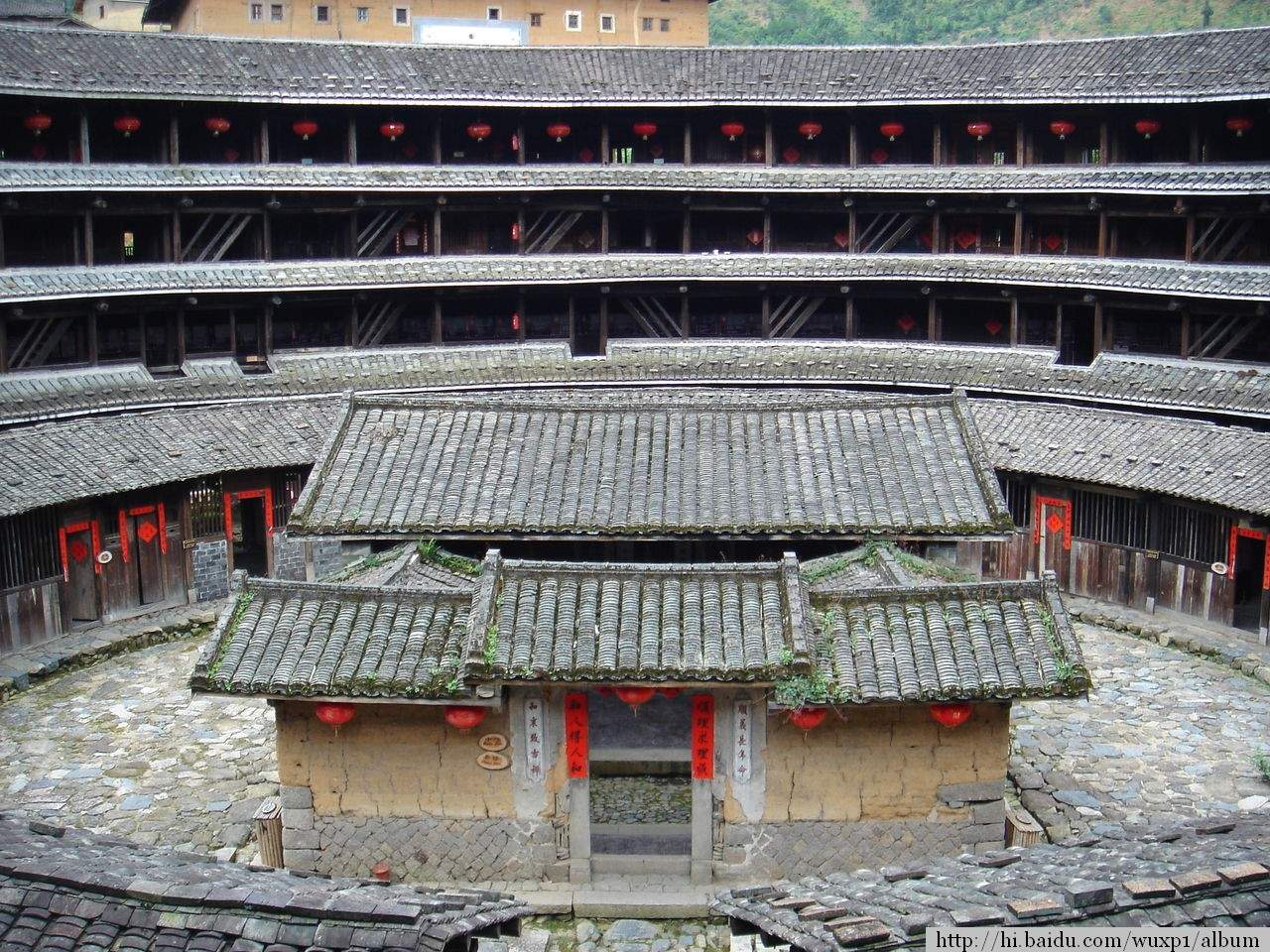
Halls within halls
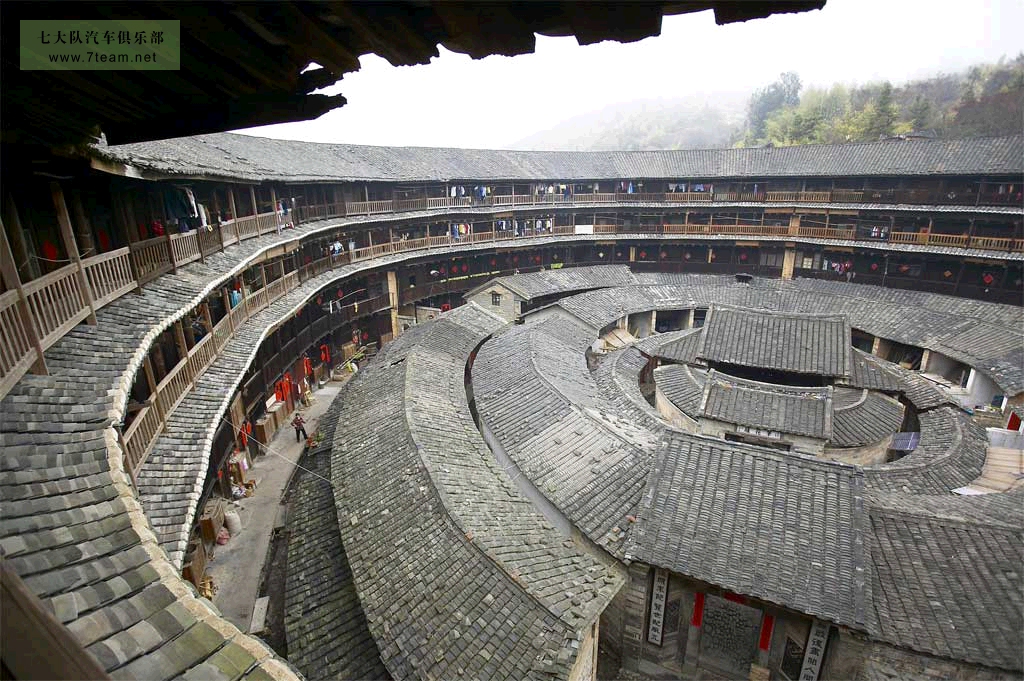
Celebrates UNESSCO World Heritage designation
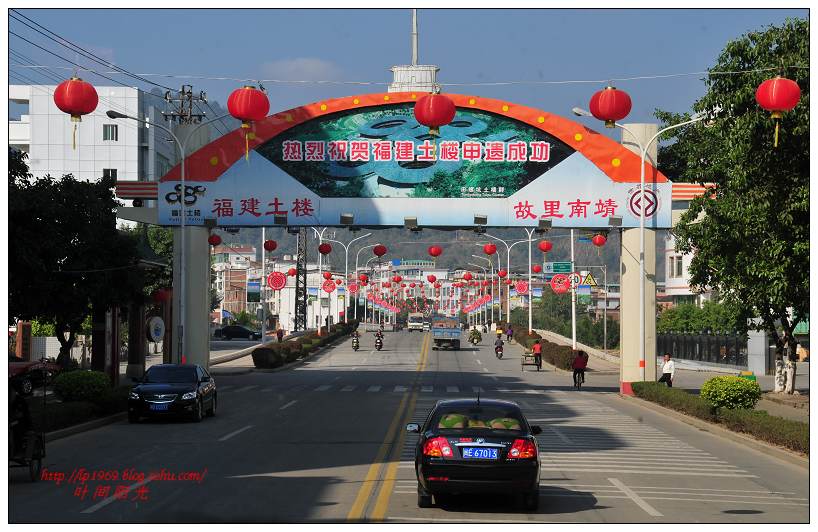
President Hu came by to congratulate

Hakka people 客家人
This is one of an older one

Let's take a peek on one of the largest tulou

It seems like it has a world of its own

A smaller one

The ancestral hall in the middle, given every family in the complex has the same last name

Halls within halls

Celebrates UNESSCO World Heritage designation

President Hu came by to congratulate

ahfatzia
SENIOR MEMBER

- Joined
- Feb 22, 2012
- Messages
- 2,521
- Reaction score
- 0
Han people 汉族
Hakka people 客家人
Hakka people love the blues
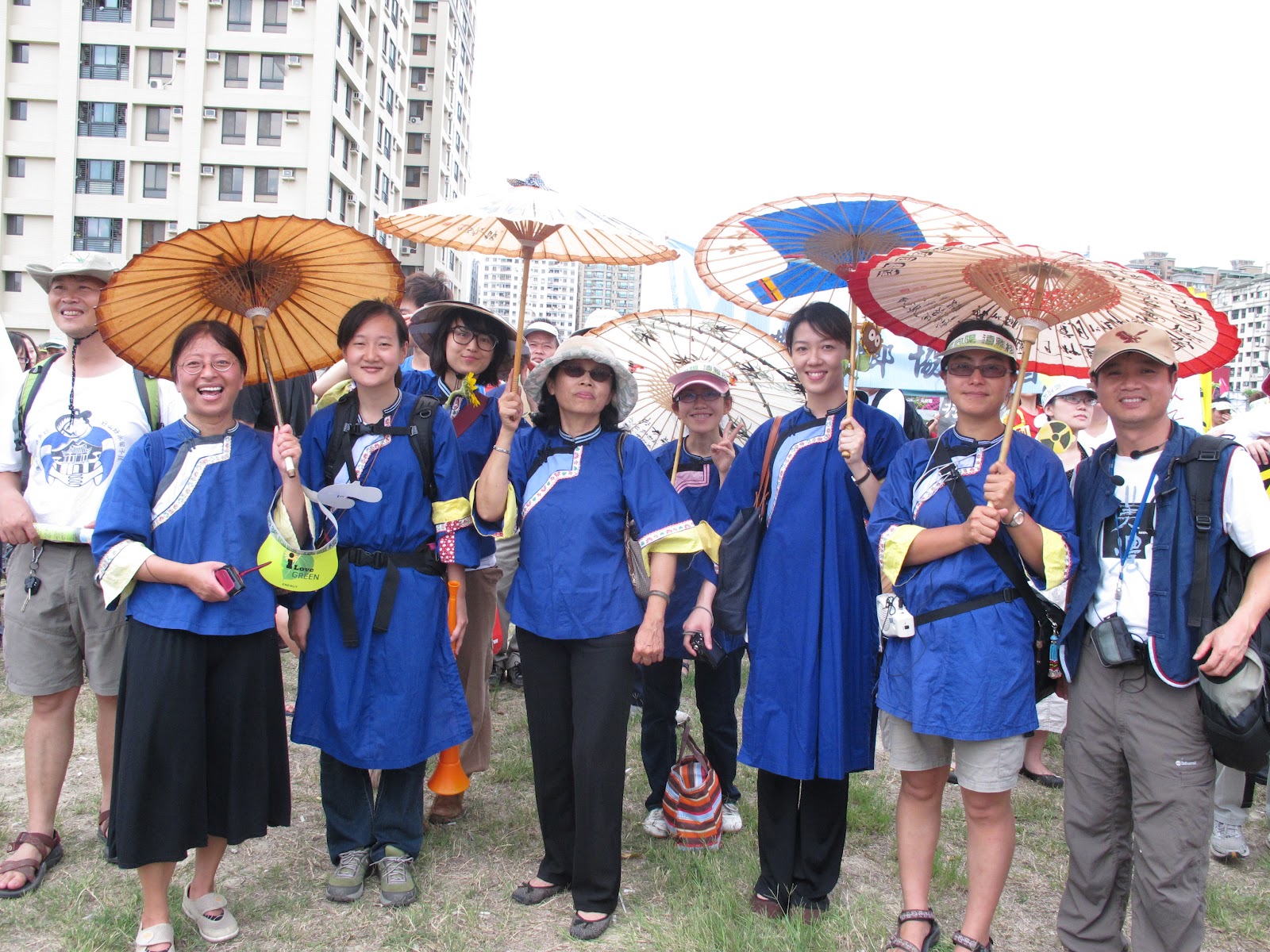




Hakka people love to sing "mountain songs"

涯系客家人 I'm a Hakka

Chinese New Year photo session for Malaysian Hakka community leaders

Hakka people 客家人
Hakka people love the blues




Hakka people love to sing "mountain songs"

涯系客家人 I'm a Hakka

Chinese New Year photo session for Malaysian Hakka community leaders

ahfatzia
SENIOR MEMBER

- Joined
- Feb 22, 2012
- Messages
- 2,521
- Reaction score
- 0
Han people 汉族
Hakka people 客家人
Hakka women are known to be strong headed

Hakka people were the first landowners of the south


Whenever you see these hats, there's no doubt that they are Hakka women



A man usually wears a bamboo or straw hat

Or no hat
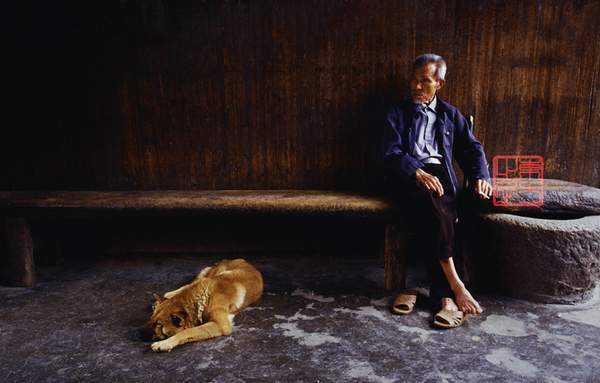
Hakka people 客家人
Hakka women are known to be strong headed

Hakka people were the first landowners of the south


Whenever you see these hats, there's no doubt that they are Hakka women



A man usually wears a bamboo or straw hat

Or no hat

ahfatzia
SENIOR MEMBER

- Joined
- Feb 22, 2012
- Messages
- 2,521
- Reaction score
- 0
Han people 汉族
Hakka people 客家人
客家排屋 in 东莞市凤岗镇 Hakka row house village in Dongguan


A walled village in Huizhou 惠州
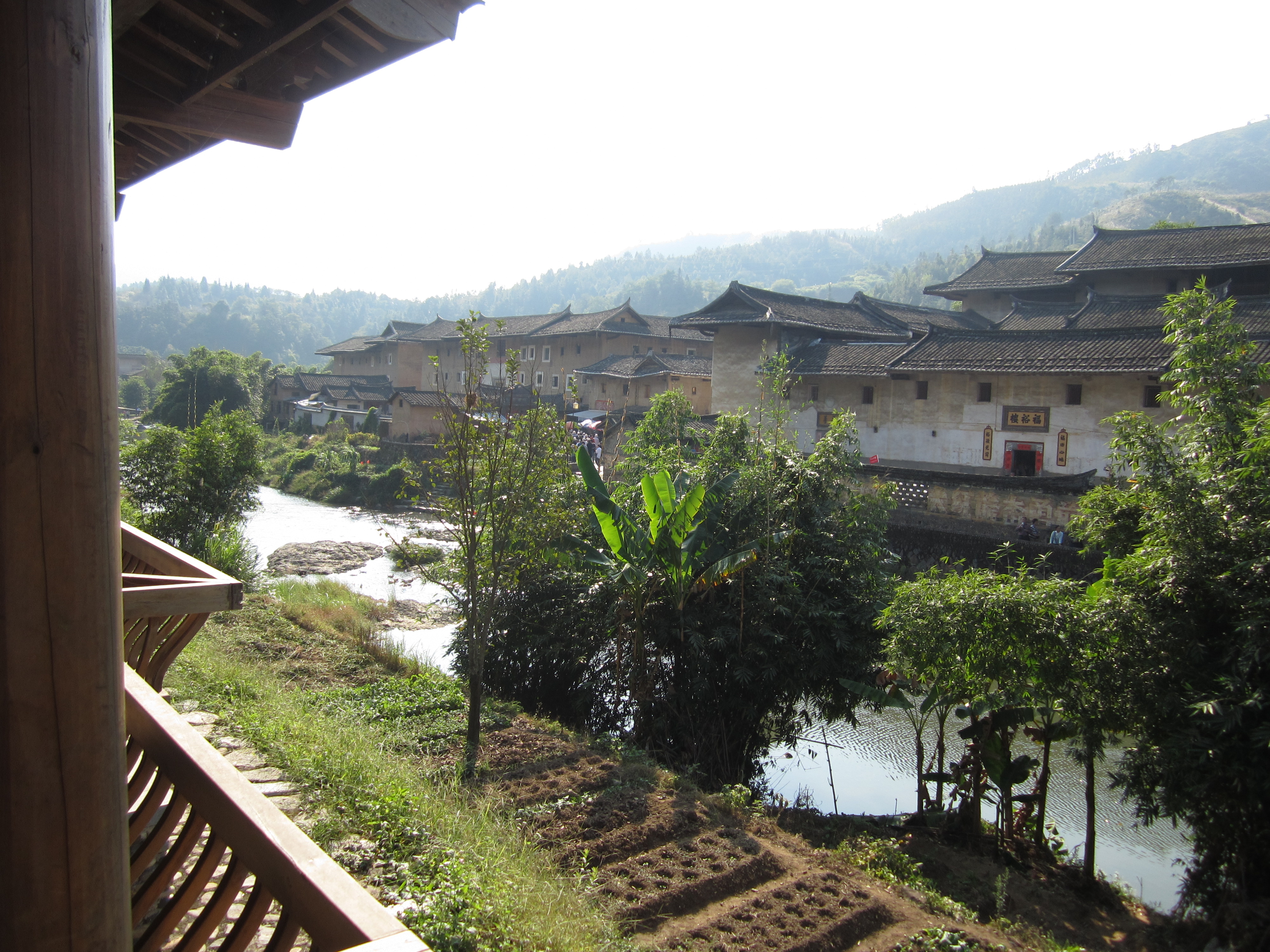

A walled village in Guanzhou 赣州 Jiangxi
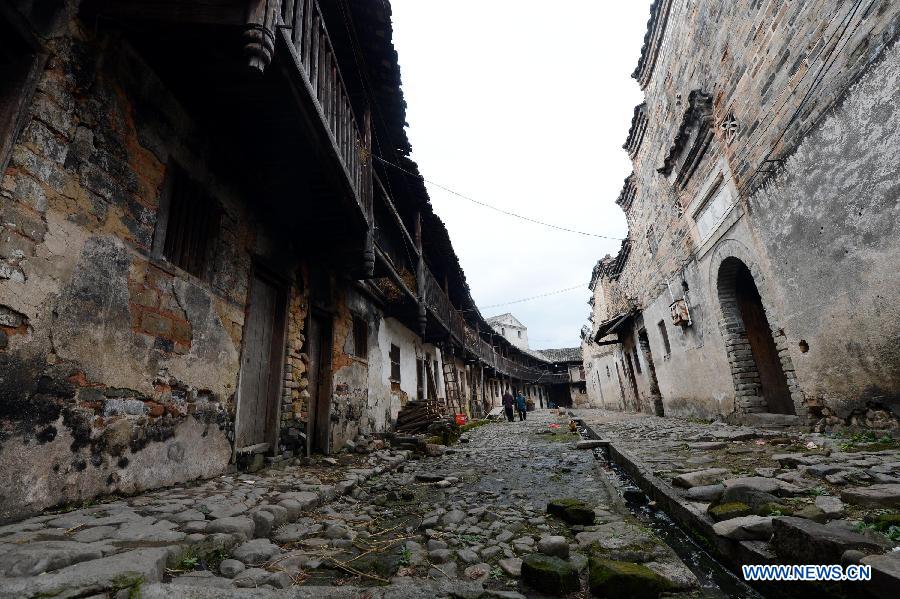
A corner of the same village
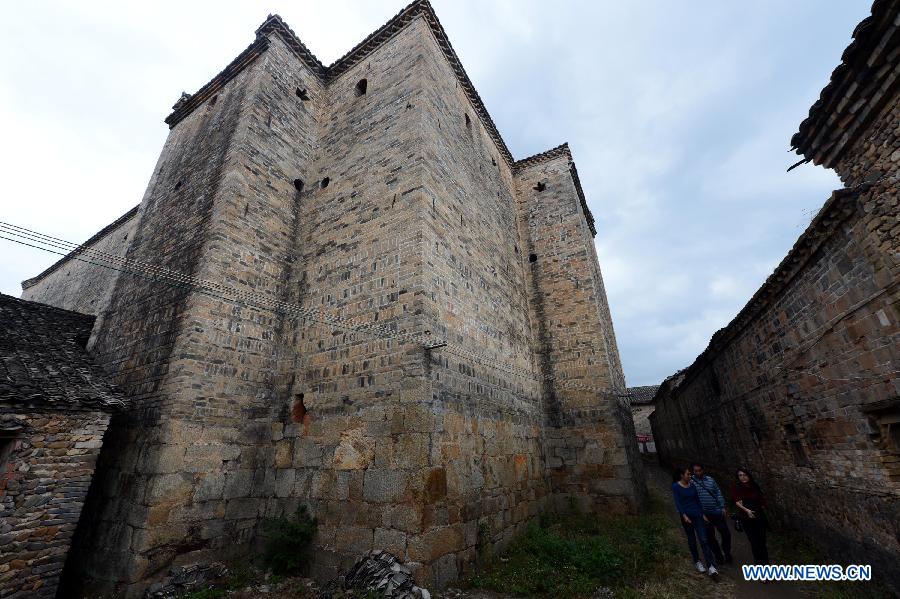
The high walls of the village
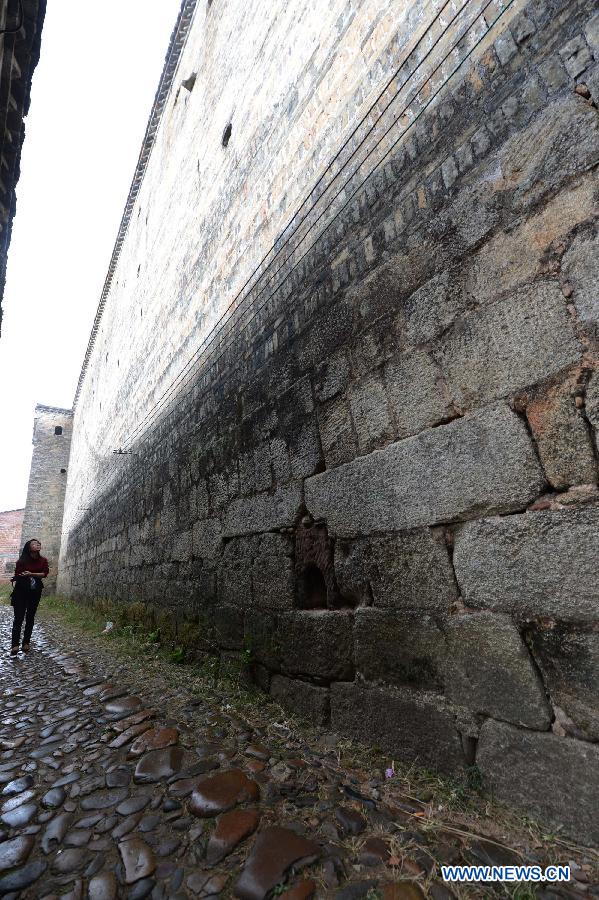
A Hakka warrior guard the front entrance
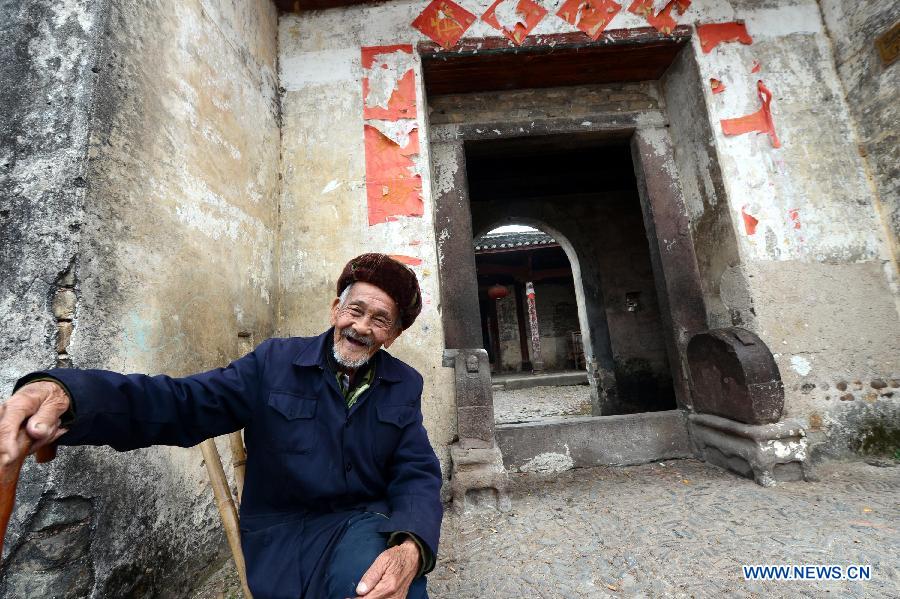
Hakka people 客家人
客家排屋 in 东莞市凤岗镇 Hakka row house village in Dongguan


A walled village in Huizhou 惠州


A walled village in Guanzhou 赣州 Jiangxi

A corner of the same village

The high walls of the village

A Hakka warrior guard the front entrance

ahfatzia
SENIOR MEMBER

- Joined
- Feb 22, 2012
- Messages
- 2,521
- Reaction score
- 0
Han people 汉族
Hakka people 客家人
A couple burning incenses to their ancestors for blessings
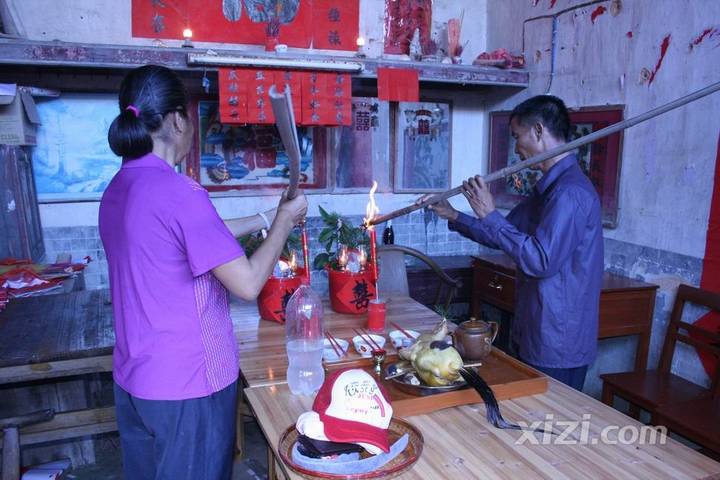
He is reporting to them one of their daughter is getting marry today
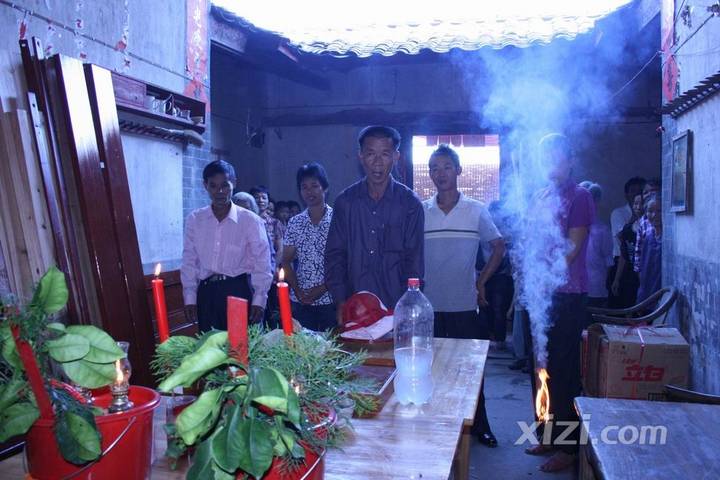
Some weddings are still using this ancient parade
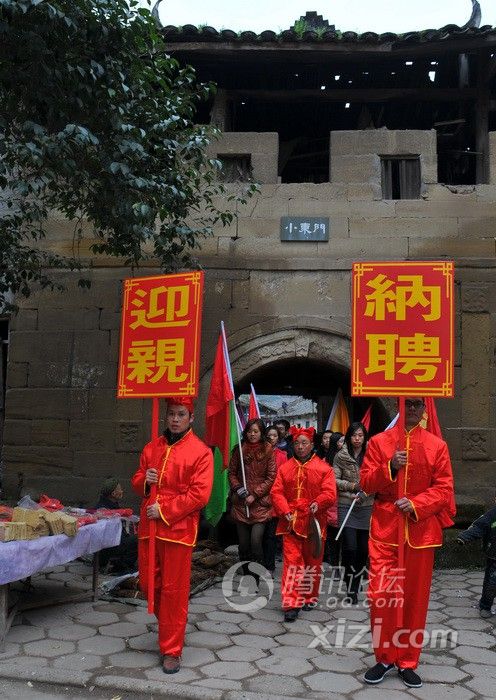
The matchmaker 媒人 is one of the stars for a wedding
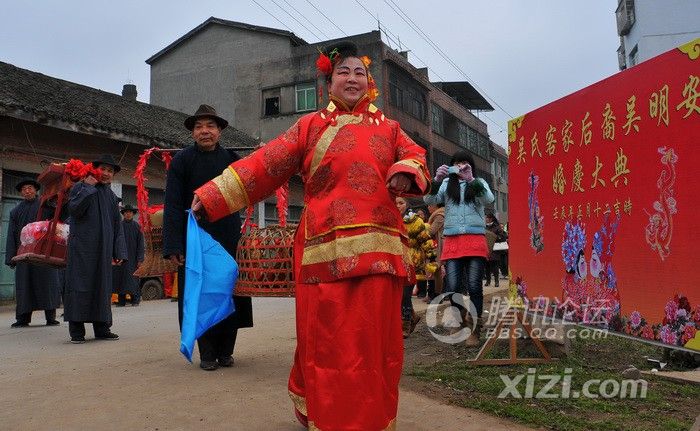
A village wedding ceremony and banquet usually takes place in the ancestral hall - as this wedding in Sichuan does

Inside the red envelop could a deed of a house

Hakka people are very generous when it comes to gifts

The bride shows appreciations by keeping the gold bracelets on after the change of wedding gown

Hakka people 客家人
A couple burning incenses to their ancestors for blessings

He is reporting to them one of their daughter is getting marry today

Some weddings are still using this ancient parade

The matchmaker 媒人 is one of the stars for a wedding

A village wedding ceremony and banquet usually takes place in the ancestral hall - as this wedding in Sichuan does

Inside the red envelop could a deed of a house

Hakka people are very generous when it comes to gifts

The bride shows appreciations by keeping the gold bracelets on after the change of wedding gown

Similar threads
- Replies
- 138
- Views
- 7K
- Replies
- 0
- Views
- 429
- Replies
- 6
- Views
- 1K
- Replies
- 4
- Views
- 512

